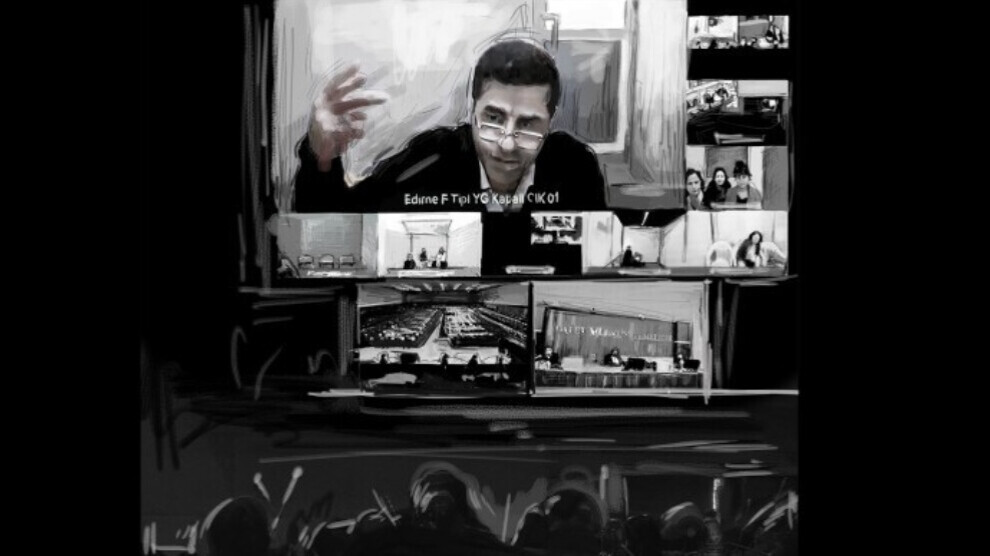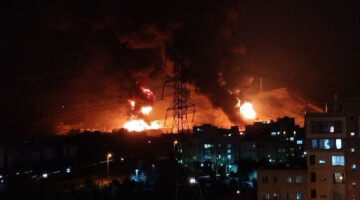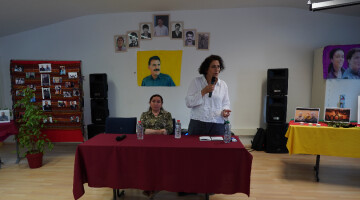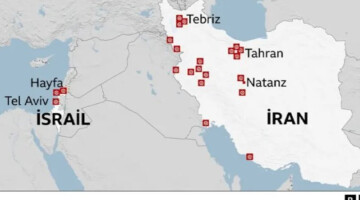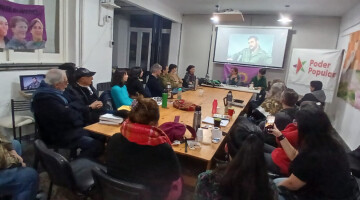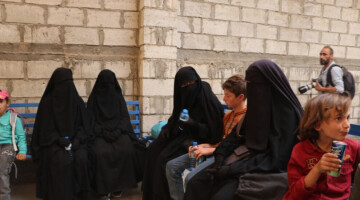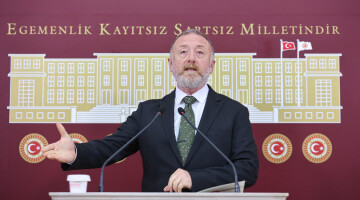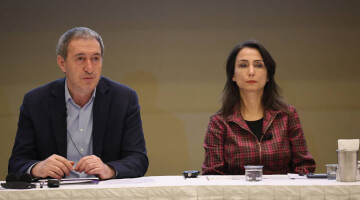Kurdish politician Selahattin Demirtaş has continued his defence in the so-called Kobanê trial in Ankara. The former co-chair of the HDP (Peoples’ Democratic Party) is one of 108 defendants facing life imprisonment in connection with the protests in Turkey during the battle for Kobanê in autumn 2014. Of the defendants, 18 politicians are in prison, including Demirtaş, who was arrested in November 2016 and took part in the trial via video conferencing system from the Edirne High Security Prison.
Selahattin Demirtaş, for whom the public prosecutor is demanding up to 15,000 utopian years in prison for premeditated murder and destruction of state unity, has already spoken out several times in the trial that opened in April 2021 in favour of a political solution to the Kurdish question, referring to PKK founder Abdullah Öcalan as the main negotiator. Demirtaş also stated today that he had always defended the model of democratic autonomy. Nobody is forced to like the state, he said. "We speak to the people and not to the state," Demirtaş said and continued:
"Anatolia cannot be governed with a single language. It cannot be governed by a single man and in the spirit of a single nation. So why is democratic autonomy the most suitable model for Turkey? Because local needs are different everywhere. Conditions and demands are constantly changing. Therefore, all countries around the world need to apply local government models. However, the greatest need is here in our area. In order for everyone to identify with the state, they must be involved in the administration according to democratic principles. However, we have never despotically enforced this. If we were in government, we would have called for a referendum. As Kurds, we are making a proposal to end the Kurdish question that has been going on for a hundred years. Abdullah Öcalan must be involved in this. Peace is made with those with whom war is waged. Democratic autonomy is based on understanding, agreement and conviction. That is exactly what Abdullah Öcalan has tried to do. With politics and negotiations. Autonomy has nothing to do with weapons."
Demirtaş went on to talk about the massacres of the Kurdish civilian population during the 2015/2016 curfews and read out the names of the commanders responsible at the time, who, like Adem Hududi and many others, were arrested after the alleged coup. He showed pictures of murdered children and said: "Who did this? Look, mothers kept the bodies of their children in freezers for days because they couldn't bury them. That did not happen in Gaza, but in a district of Şırnak." There are countless reports on the atrocities committed by the Turkish security forces from Amnesty International, the IHD (Human Rights Association) and the Diyarbakır Bar Association: "You can read about everything that was done to the houses, the wounded and the bodies. But we didn't learn about it by reading reports. We experienced it. The state, to which we paid taxes, destroyed our towns and killed us. How can you raze twelve towns and villages to the ground?"
To further fuel the conflict, there were even plans to assassinate Figen Yüksekdağ, the then co-chair of the HDP, in Silvan. However, this was prevented and Yüksekdağ was brought to safety. Demirtaş concluded: "We are oppressed, but we are dignified and proud. And we will not surrender."
The trial will continue on Thursday.

